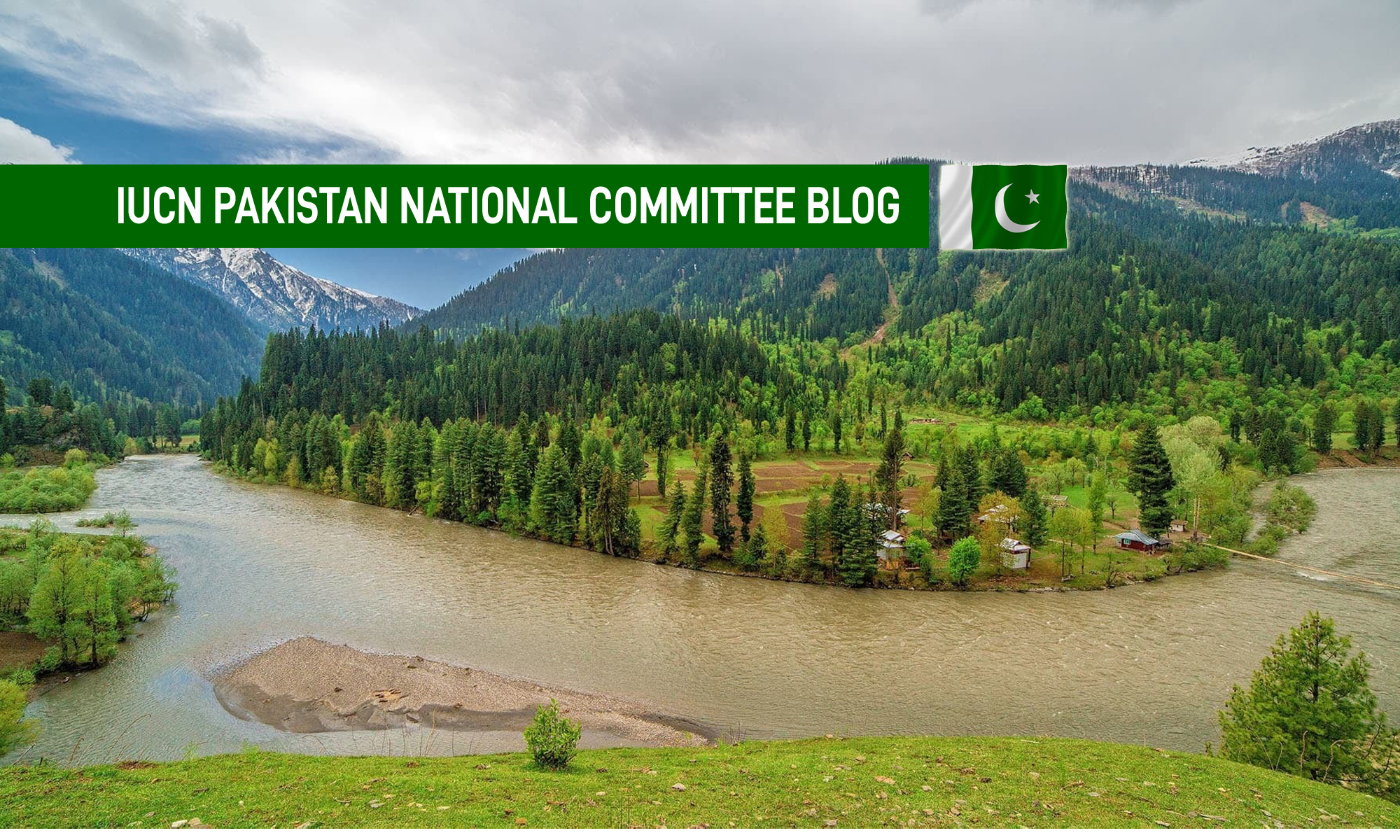Daily Dawn-14th July 2010
link: http://www.dawn.com/2011/07/14/managing-disaster.html
PREDICTIONS about this year’s monsoon season are ominous. The forecast of 10 per cent higher than normal rainfall in the country’s upper catchment areas should set alarm bells ringing.
With the ghosts of last year’s floods not yet laid to rest, the incomplete rehabilitation of flood-protection infrastructure is a major cause for concern. Sindh, which was the worst affected by the floods, has yet to complete almost 40 per cent of the repair-work at a time when a premature monsoon has already set in. Punjaband Khyber Pakhtunkhwa have completed more than 80 per cent of the repair work but the predicament of Azad Jammu Kashmir causes consternation since hardly any repair work has been executed. The institutional and administrative web responsible for managing floods was exposed last year as being in shambles. From rescue to relief, every effort was poor enough to merit worry this year.
After the report presented by the judicial commission formed by the Supreme Court, another report by a similar committee formed by the Punjab High Court has laid bare the inefficiency of the flood-management systems in the country. The key findings of both reports are the same. Administrative failure on part of the provincial irrigation departments, rampant corruption, criminal negligence and encroachments in the flood plains have been identified as the reasons that Sindh and Punjab saw such a disaster. A careful review of the judicial commissions’ reports reveals that the country does not have an integrated flood-management system. Scattered and disjointed measures may bring temporary relief but they are far from sufficient to thwart any future disaster.
Disaster management includes three key components: risk-reduction, preparedness and response. In Pakistan the first point hardly receives any serious attention, the second component is inadequate and the third is in shambles. The most challenging yet rewarding phase of risk-reduction should be made a priority. While structures are of utmost importance, risk-reduction should not be restricted to the level of mere engineering. The stereotyped conceptualisation of risk-reduction in Pakistan does not conceive of anything beyond flood-protection infrastructure. Additionally, more often than not, it glosses over the social, institutional and biological measures that can be taken. These are the areas where public policy has to be improved. The strengthening of disaster-management institutions and their integration with other relevant bodies is of paramount importance. The Punjab judicial commission has underlined the importance of developing an integrated flood-management plan.
While the judicial commissions’ reports substantially capture the gaps in administrative governance, they have almost skirted the nexus of political governance. It is a well-recognised fact that after the police, the irrigation department is a highly politicised area. Since power politics in Pakistan is dominated by a Byzantine alliance of landed aristocracies and urban oligarchies, water is the ‘open sesame’ mantra for political powers. The posting of grade-17 and 18 officials in the department is directly governed by the irrigation minister and the chief minister respectively. The plum posting is allegedly traded at rates of up to Rs2m. If the custodians of the Tori dyke were of junior grades, their being posted there is not merely administrative brushwork; in fact, it is deeply entangled with political decision-making.
Another example is wilful negligence in terms of the state of the Tori dyke. The Supreme Court’s commission has made the startling revelation that on Feb 4, 2010 — i.e. six months before the breach occurred — it was noted in a meeting of the Indus River Commission that unless the dyke was strengthened well before the year’s flood season, the likelihood of colossal losses could not be ruled out. Why was no follow-up work done to allocate the resources required to shore the structure up before the rains started? Can the political leadership be exonerated for its failure in this regard?
Similarly, the network of illegally erected dykes in the floodplains is not a corollary of merely administrative neglect; it is a business that is patronised by local politicians. The same can be said of the occupation of forest land in floodplains. A string of local feudals, administration officials and politicians has let this happen. The judicial commission rightly recommended that strict action be taken against irrigation department officials but it has largely ignored the delinquencies of the feudal and political leaderships. If nothing else the provincial governments should have been asked to disclose a list of people who have occupied vast swathes of land in the katcha areas. The reasons behind the posting of junior and inexperienced officials in the irrigation department could have been made public. This would have exposed the nepotism which resulted in inflicting excruciating damage on the poor.
Another omission is the faulty engineering infrastructure. The interesting dimension of last year’s flood was the abnormally long travel duration of peak flows between barrages. The flow that normally takes 24 hours from the Guddu to Sukkur barrage took 33 hours. Similarly, the time-lag between Sukkur and Kotri was an astounding 408 hours as against the normal time-lag of 72 hours. This was partially because of sustained inflows from upstream. However, the role played by newly-built structures such as bridges needs to be delved into more deeply. Structures have been erected on the River Indus without an environmental impact assessment being undertaken and there is a possibility that these may have aggravated the floods.
All these questions need to be answered so that immediate steps can be taken to mitigate the effects of any flooding this year.
The country cannot afford to do nothing, waiting for disaster to strike.
The writer is the chief executive of Strengthening Participatory Organization.









